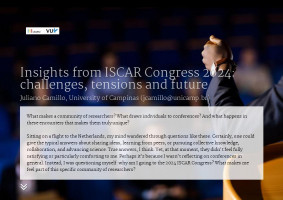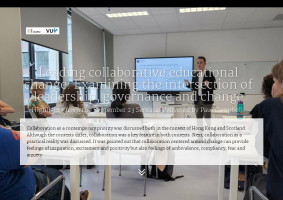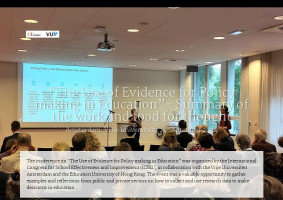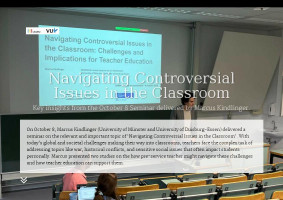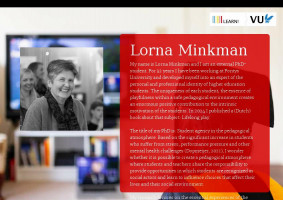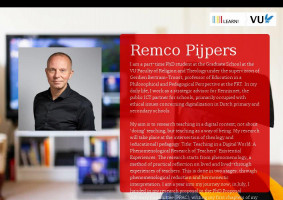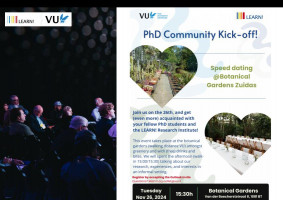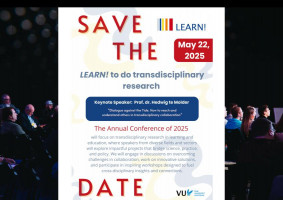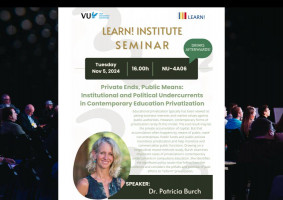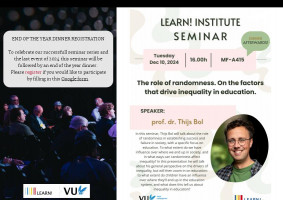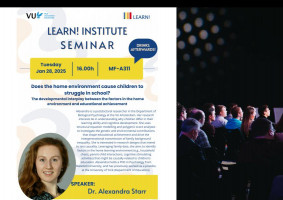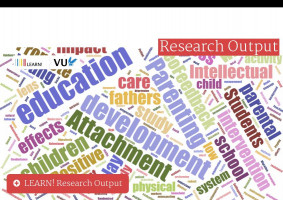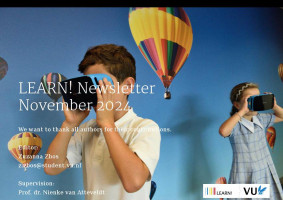On October 8, Marcus Kindlinger (University of Münster and University of Duisburg-Essen) delivered a seminar on the relevant and important topic of ‘Navigating Controversial Issues in the Classroom’. With today's global and societal challenges making their way into classrooms, teachers face the complex task of addressing topics like war, historical conflicts, and sensitive social issues that often impact students personally. Marcus presented two studies on the how pre-service teacher might navigate these challenges and how teacher education can support them.
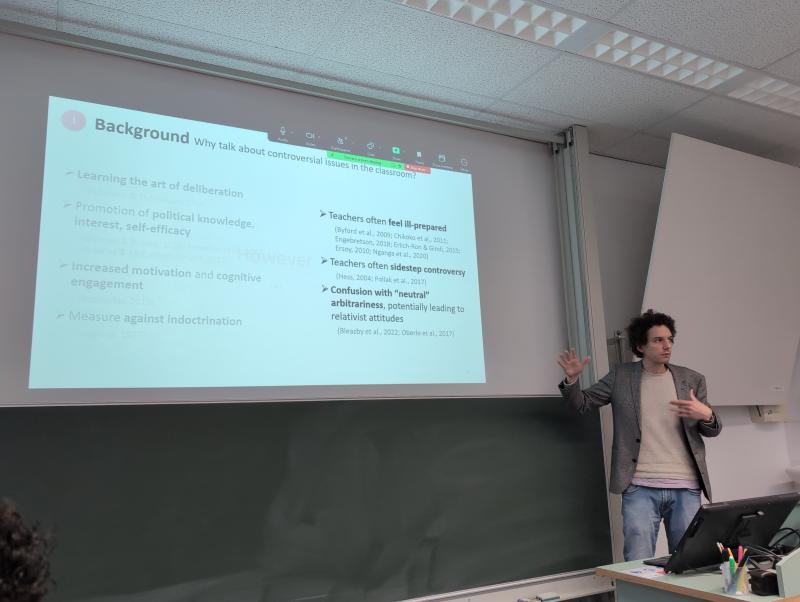
Study 1: German Pre-Service Teachers’ Perspectives on Controversy
The first study examined the perspectives of pre-service teachers in Germany on handling controversial issues in their future classrooms. It had two key objectives:
- Developing and validating a questionnaire to explore teachers' boundaries regarding what they consider controversial, using three established criteria: behavioral, epistemic, and political.
- Identifying approaches to handling controversy, revealing three distinct types of teachers:
- Exclusion: Teachers who tend to avoid or restrict controversy, often due to concerns about sensitive topics or misinformation.
- Passivity: Teachers who take a hands-off approach, focusing on neutrality and consensus but often feeling distanced from controversial issues.
- Reflective Balance: Teachers who actively engage with controversial issues but set clear boundaries, balancing openness with adherence to democratic values and evidence-based reasoning.
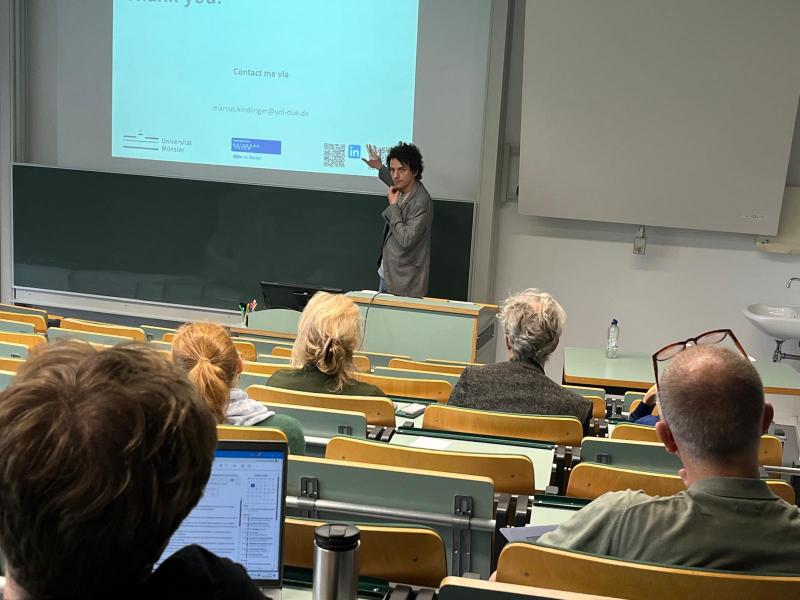
Study 2: Evaluating a Teacher Preparation Seminar
The second study evaluated a seminar designed to support pre-service teachers in managing controversial topics. It focused on providing and reflecting on strategies for addressing challenging issues. Two primary outcomes were identified:
- Increased confidence: Participants reported satisfaction with the seminars and feeling more prepared to tackle controversial issues in the classroom after the seminar.
- Persistent challenges: Despite the positive outcomes, the study identified persistent challenges, including a desire for clearer guidelines and more practical support. Teachers expressed the need for more concrete resources, such as lesson materials and workshops, but also more recipe-like instructions in the form of best-practice solutions or regulations.
While the seminar encouraged teachers to adopt a cautious yet explorative mindset, the study raised concerns about an over-reliance on rules. Too many rigid guidelines could stifle long-term professional growth, leaving teachers less adaptable when addressing new or evolving controversial topics.
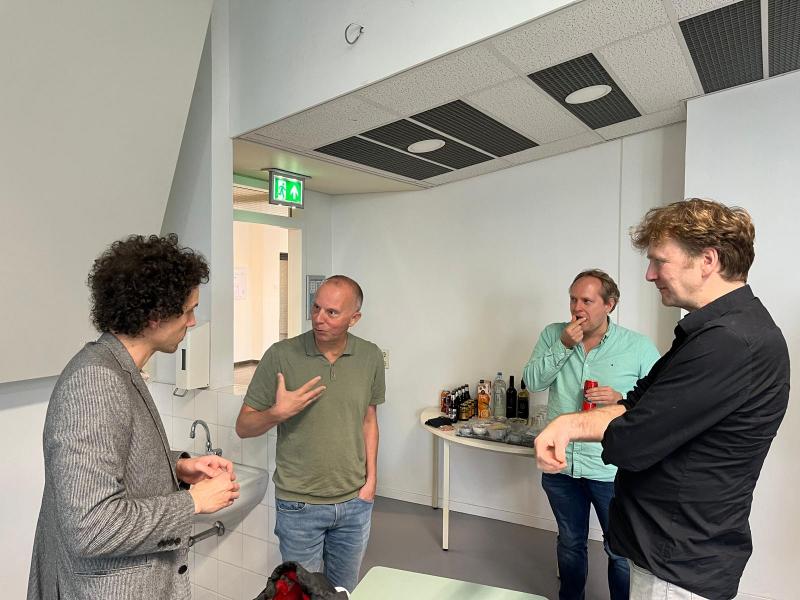
Conclusion: Reflective Balance and Professional Support
Teachers must walk a fine line. Avoiding controversial issues can stifle important debates, but overgeneralizing controversy risks fostering relativism or extremist views. While there are limits based on epistemic and political criteria, teachers need strategies for ‘reflective balancing’ to successfully navigate these boundaries.
The seminar raised a crucial question: How do educators know when an issue lies beyond acceptable limits of controversy? There is growing demand for more guidance to help teachers define these limits, enabling them to confidently tackle challenging yet essential discussions.




